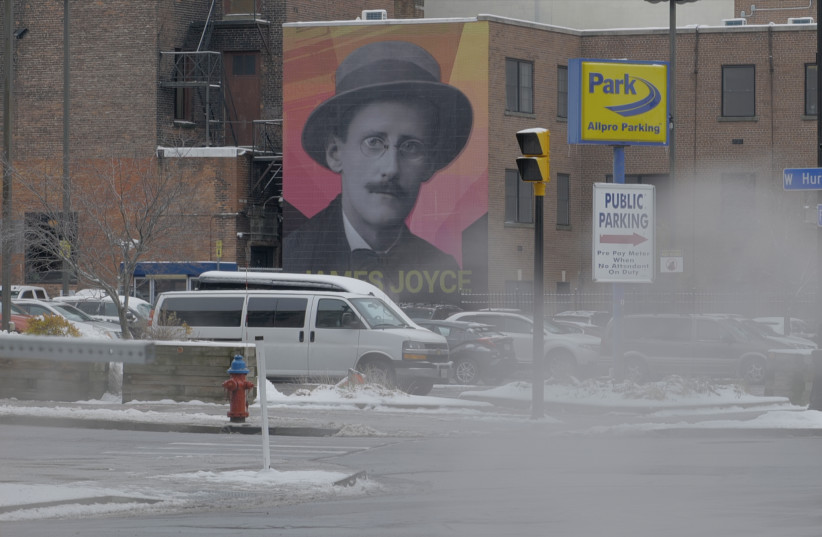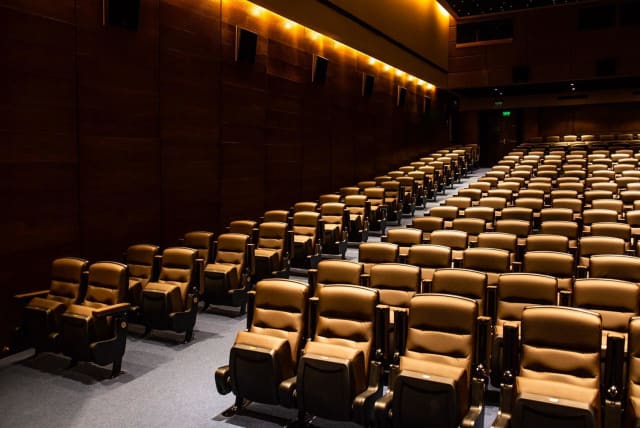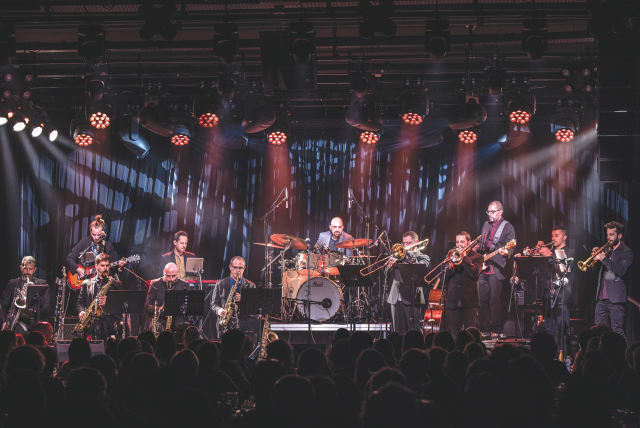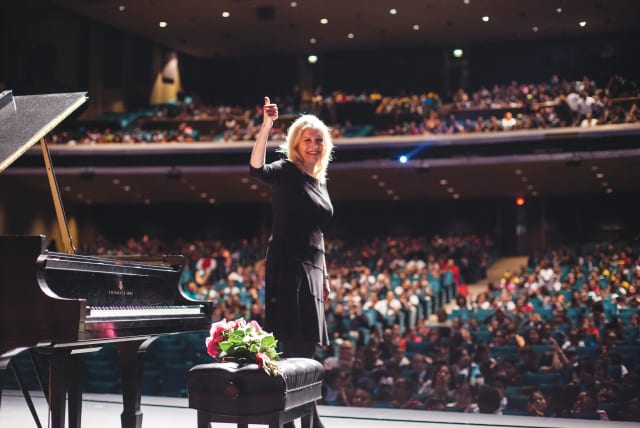Consuming and appreciating art, for many, is one of life’s great joys. It can be a deeply life-affirming experience to, say, make one’s way through an exhibition at a museum and to discover a new artist, or gain greater insight into the oeuvre and backdrop to the work of an A-lister in the field. If, for example, you happen to be in Amsterdam a visit to the Van Gogh Museum will probably enlighten you about sides to the celebrated tragic Dutch painter that don’t generally make it into popular literature or websites.
That makes perfect sense if one takes on board the simple fact that creative output is not just the product of technical expertise but is very much informed by the artist’s personal and emotional baggage and, in all likelihood, their state of mind when the exhibit took on corporeal form.
It follows, then, that gaining some knowledge about the artist in question, the times in which they lived and what made them tick, can enhance the viewing or listening experience. That is something which the Epos International Art Film Festival has provided for the past 13 years, with the 14th edition set to run at the Tel Aviv Museum, March 9-11.
What does the program have to offer?
As usual the program covers a wide area of artistic endeavor, genres and subgenres. Such seemingly diverse fields as architecture, fashion, photography, music – across various genres – painting and literature feature in the lineup. Each heading incorporates numerous directions of thought and modes of presentation. There are some big names in there, such as Pablo Picasso, Leonard Bernstein and Herbert von Karajan, James Joyce and Leo Tolstoy.
OTHERS, LIKE Elfriede Jelinek, might not be so widely known. German-Austrian co-production Elfriede Jelinek – Language Unleashed is due to be screened on March 9 (5:30 p.m.) in the presence of director Claudia Muller and producer Claudia Schroter. The film focuses on the work of the 76-year-old Austrian playwright and novelist who won the Nobel Prize for Literature in 2004.
Her eclectic body of writing explores politically sensitive areas such as discrimination against women and the willing collaboration of Austrian civilians in Nazi persecution. The German-language documentary, which will be shown with Hebrew subtitles, dips into all kinds of strata of Jelinek’s extensive literary and theatrical output and, particularly her linguistic tempo.
The Holocaust is, naturally, referenced there. And it is firmly in the spotlight in a couple of emotive movies from the world of classical music. First up is Karajan vs Bernstein – Battle of Giants. The titular characters – Herbert von Karajan and Leonard Bernstein – we are told in the accompanying blurb, “are considered the greatest conductors of the 20th century.” Fans of Arturo Toscanini, Barnard Haitink or Georg Solti might contest that claim. However, be that as it may, the Austrian and American conductors were certainly up there with the best of them.
The compelling documentary, in French and English with Hebrew subtitles, is directed by Emmanuelle Franc and not only looks at the musical genius of the pair, but also the purported rivalry between them. Franc opens a revealing window onto the more intimate facets of the two powerful and complex personalities who, one can say incontrovertibly, were the most expressive of podium occupants.
Then there is the Holocaust, which sets the Jewish American conductor far apart from his Austrian counterpart who joined the Nazi party in 1935. Whether this was merely a Machiavellian move by Karajan, to ensure he was able to maintain his lofty status in the classical music world, and his professional possibilities under the Third Reich, has long been a matter of debate.
Either way, he enjoyed a glittering career during most of the Nazi regime, leading both the Vienna Philharmonic and the Berlin Philharmonic, and appearing several times at the Salzburg Festival. Then again, he was married to a woman with a Jewish grandparent. The film gets two showings, on March 9 (4 p.m.) and March 10 (6:30 p.m.).
Practical considerations also feature in the purview of Music under the Swastika: The Maestro and the Cellist of Auschwitz (March 11, 9 p.m.). The orchestra director in question is Wilhelm Furtwangler who was admired and nurtured by Hitler and Goebbels. Once again, as we learn in the film, his stance on Nazism is not cut and dried.
What is crystal clear, and fully corroborated by the eponymous concentration camp instrumentalist, is that Furtwangler was supremely gifted and much admired, for his conducting, across the globe. The cellist is now hale and hearty 97 year old Anita Lasker-Wallfisch who speaks – mostly in German – about her life during World War II, including as a member of the Auschwitz orchestra, overseen by celebrated violinist Alma Rosé.
Lasker-Wallfisch comes across as a formidable figure, and we get some intriguing insight into her character from her musician grandson. The movie also includes interviews with a number of leading music professionals who shed revealing light on the controversial conductor, and his role in the Nazi propaganda machine which sought to promote Germany, first and foremost, as a cultured nation that embraced classical music. There is also some fascinating archival footage in Music under the Swastika.
COMING RIGHT up to contemporary speed, Patti Smith: Electric Poet (March 10, 2 p.m.) takes us straight into the polychromic, fast and furious, fragile and intricate, wild and wonderful world of the American singer-songwriter, painter, poet and author who helped to kick start the punk scene in the mid-1970s.
More recently, in 2016, she had a star role in one of the cultural world’s most prestigious events, when she performed Bob Dylan’s A Hard Rain’s A-Gonna Fall at that year’s Nobel Prize awards ceremony, when the fabled troubadour won the Literature prize but, typically, declined to show up.
Staying with written word, just over 100 years have passed since the publication of Ulysses by Irish author James Joyce. The novel basically centers on a single day in the life of Leopold Bloom, a Jewish resident of Dublin. At the time, the work caused a storm in the literary world and polite society of the day, due to its colorful language, taboo subject matter, and challenging stream of consciousness structure.
To this day, writers and readers struggle to fathom its dense fabric so, perhaps, catching the screening of James Joyce’s Ulysses, on March 11 (12 p.m.), will help to scatter the haze a little about one of the great tomes of the 20th century.
Meanwhile, fans of photography might want to catch McCurry: The Pursuit of Colour (March 10, 10 a.m.), about the way American snapper Steve McCurry – famous for his shot of green-eyed Afghan girl Sharbat Gula – goes about his business. Anything on Pablo Picasso tends to be gripping and there is no reason to believe that Picasso, The Legacy (March 9, 10:30 a.m. and March 11, 10 a.m.) is any different. Besides his stirring, marvelous, unparalleled canvasses Picasso also had a reputation as a womanizer.
That is, to a degree, counterbalanced by Gabriele Munter: Pioneer of Modern Art” March 9, 12 noon), which salutes the work of the German expressionist painter who often labored in the shadow of renowned expressionist and abstract Russian painter Wassily Kandinsky.
There’s plenty to see and ponder over at the Tel Aviv Museum this weekend.
For tickets and more information: www.filmart.co.il








































































































